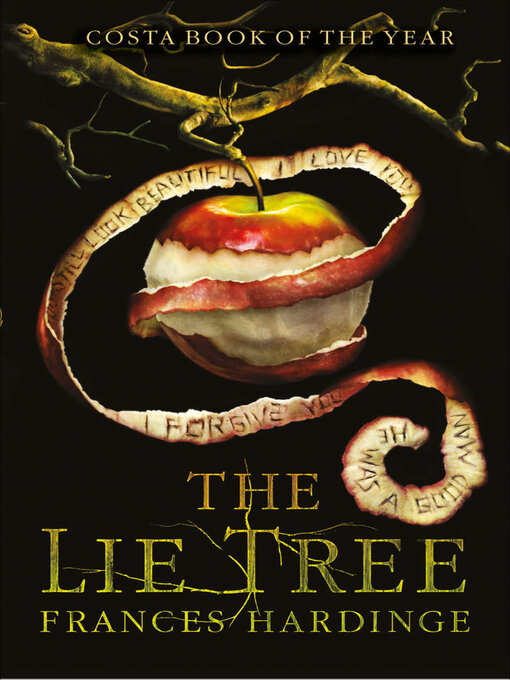- Outdoorsy & Travel
- Most Popular Magazines
- Food & Cooking Magazines
- Home & Garden
- Explore Your Inner Artist
- Celebrity & Pop Culture
- Health & Fitness
- Business, News & Politics
- Comics, Gaming and More!
- Things That Move Us All
- Lifestyle
- Movies, TV & Music
- Sports Magazines
- See all magazines collections

-
Creators
-
Publisher
-
Awards
-
Release date
April 19, 2016 -
Formats
-
Kindle Book
-
OverDrive Read
- ISBN: 9781613128992
- File size: 3014 KB
-
EPUB ebook
- ISBN: 9781613128992
- File size: 4164 KB
-
-
Accessibility
-
Languages
- English
-
Levels
- ATOS Level: 6.4
- Lexile® Measure: 860
- Interest Level: 4-8(MG)
- Text Difficulty: 4-5
-
Reviews

Loading
Formats
- Kindle Book
- OverDrive Read
- EPUB ebook
Languages
- English
Levels
- ATOS Level:6.4
- Lexile® Measure:860
- Interest Level:4-8(MG)
- Text Difficulty:4-5
Why is availability limited?
×Availability can change throughout the month based on the library's budget. You can still place a hold on the title, and your hold will be automatically filled as soon as the title is available again.
The Kindle Book format for this title is not supported on:
×Read-along ebook
×The OverDrive Read format of this ebook has professional narration that plays while you read in your browser. Learn more here.